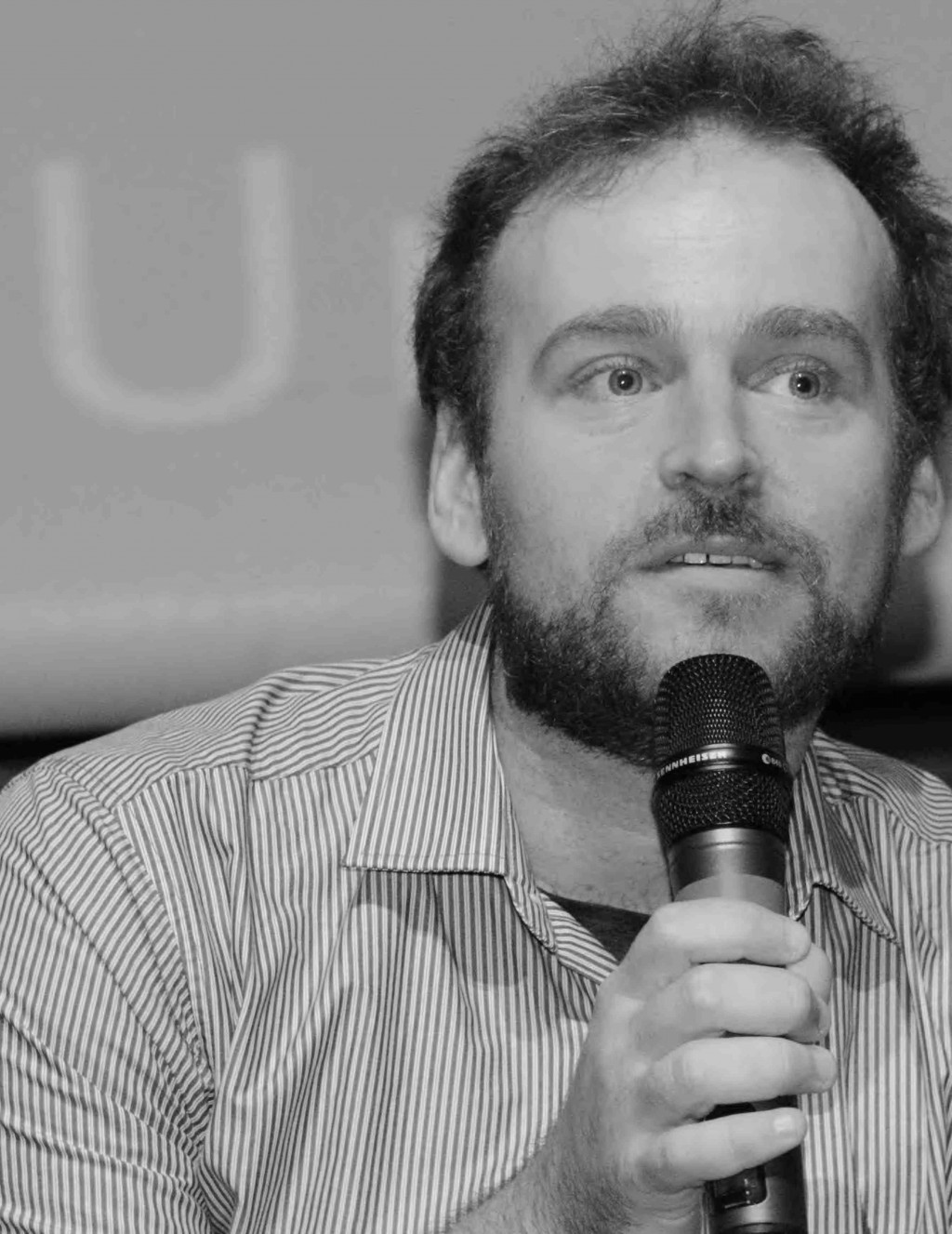
Philippe Fournier
Professeur adjoint
Affiliations
- Centre interdisciplinaire de recherche en réadaptation et intégration sociale
- Centre thématique de recherche en neurosciences
Recherche
Domaines
- Audiologie
- Systèmes sensoriels, auditif
- Neurosciences, aspects médicaux, physiologiques, et de la santé, n.c.a.
- Médecine de la réadaptation, n.c.a.
Financements
En cours
Terminés (depuis 2024)
Publications (2021–2026)
2026
2025
2024
2023
2022
Direction de recherche
Philippe Fournier est disponible pour encadrer des étudiantes, des étudiants et des stagiaires.
Comment faire une demande d’encadrement En savoir plus sur les études en recherche
En cours
Vice-décanat à la recherche et à l'innovation
Pavillon Ferdinand-Vandry
Université Laval
1050, avenue de la Médecine, local 4623
Québec (Québec) G1V 0A6
Canada
Renseignements - Secrétariat
418 656-2690
secretariatvdri@fmed.ulaval.ca
Catherine Mercier
Vice-doyenne à la recherche et à l'innovation
vd.vdri@fmed.ulaval.ca